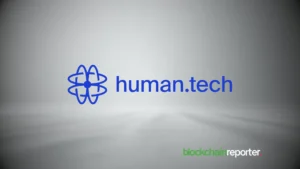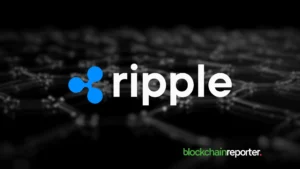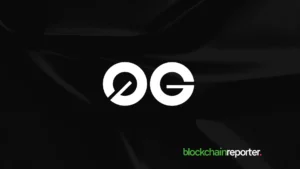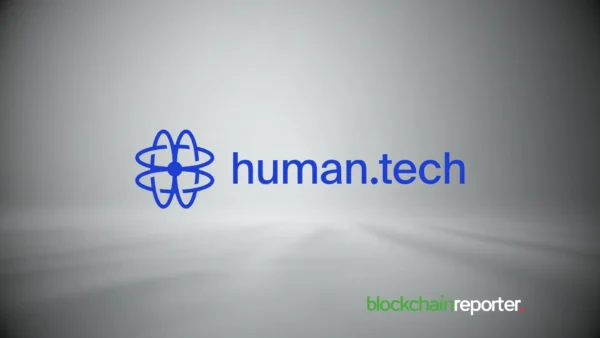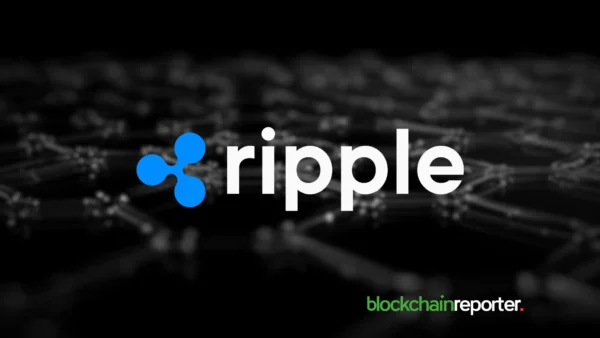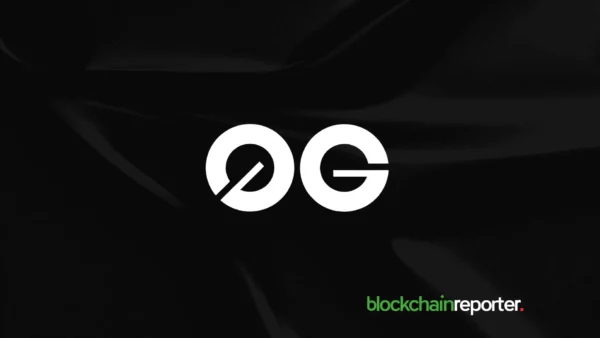
Cryptocurrencies have rapidly evolved from niche investments to integral components of the global financial ecosystem. Bitcoin, Ethereum, and other digital assets are now embraced not only by traders but also by businesses and individuals looking for faster, more secure, and borderless payment solutions.
Yet, one significant obstacle remains: the complexity of wallet addresses. Traditional crypto addresses are long alphanumeric strings, nearly impossible to memorize and easy to mistype. A single wrong character can invalidate or permanently misroute a transaction, posing serious risks for both beginners and experienced users.
This is where blockchain-based domains emerge as a practical and forward-looking solution—designed to simplify interactions with digital wallets, reduce human error, and make cryptocurrency usage more intuitive.
What Is a Blockchain-Based Domain?
A blockchain-based domain functions as a readable, human-friendly address tied to one or multiple digital wallets. Instead of sharing a lengthy string like 0x93a4dF…, users can simply use an identifier such as myname.crypto or business.eth.
The logic mirrors the early internet: just as domain names replaced the need to remember numerical IP addresses, blockchain domains replace opaque wallet codes with meaningful names. Beyond convenience, these domains are registered directly on the blockchain, ensuring they are immutable, censorship-resistant, and independent of centralized authorities.
It’s no coincidence that more and more industry guides emphasize how to use a blockchain-web3 domain for crypto. For newcomers, these resources offer a clear entry point into making crypto more accessible, while for advanced users they highlight ways to integrate domains into broader Web3 and DeFi strategies.
Why Blockchain Domains Matter for Users
The adoption of blockchain-based domains brings practical benefits that go far beyond convenience:
- Unified Wallet Management: Instead of juggling multiple addresses for different cryptocurrencies, one domain can consolidate Bitcoin, Ethereum, stablecoins, and more under a single name.
- Enhanced Security: Domains are secured through blockchain encryption, meaning they cannot be seized or arbitrarily censored like traditional web domains. This provides peace of mind for users in jurisdictions with restrictive financial policies.
- Professional Identity: For entrepreneurs and creators, a personalized blockchain domain doubles as branding—instilling trust and professionalism in interactions with clients, investors, and partners.
This combination of usability, security, and reputation-building explains why blockchain domains are increasingly viewed as more than a technical upgrade—they are becoming foundational tools for digital identity in the crypto economy.
The Role of Crypto funds
Institutional adoption of blockchain domains is not theoretical—it’s already underway. Crypto funds, which manage diversified portfolios of digital assets on behalf of investors, are experimenting with blockchain domains as a means of streamlining operations.
For a fund, replacing complex wallet strings with a single verifiable domain reduces the administrative overhead of collecting investments, increases transparency, and fosters investor confidence. Investors, in turn, benefit from knowing that they are interacting with a clear, certified, and tamper-proof address rather than relying on dozens of ambiguous alphanumeric codes.
In a sector where credibility and clarity are paramount, blockchain domains are proving to be more than a convenience—they are becoming a differentiator.
Getting Started: Registering a Blockchain Domain
Acquiring a blockchain domain is surprisingly straightforward. Several specialized platforms allow users to search for available names, register them, and configure wallet connections within minutes. After setup, the domain can be used immediately for receiving funds, sending assets, or even building decentralized web content.
For individuals, the appeal lies in simplified payments and a more professional image. For startups, especially in fintech and Web3, blockchain domains represent both a practical tool and a strategic branding asset. A concise, memorable name signals legitimacy and positions the project as forward-thinking in a crowded marketplace.
Looking Ahead: Beyond Simple Addresses
Simplifying wallet addresses is just the foundation. Blockchain domains are poised to unlock an entire ecosystem of future applications, ranging from digital identity management and decentralized websites to crypto-native e-commerce and cross-platform authentication.
Experts see blockchain domains as a critical bridge for mass adoption—removing technical barriers that discourage new users while enabling deeper integrations with traditional finance and global commerce.
Ultimately, blockchain domains are not just a step toward convenience. They represent a powerful shift in how we connect with digital value, democratizing access to the crypto economy and reshaping how money, identity, and technology intersect in a hyper-connected world.



